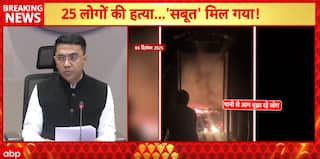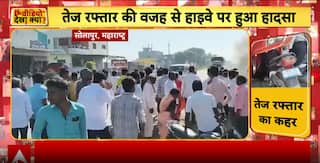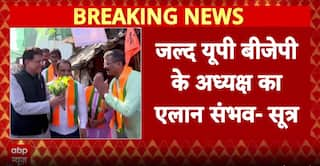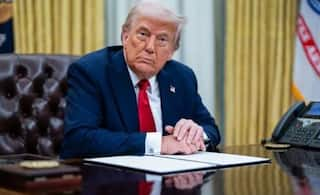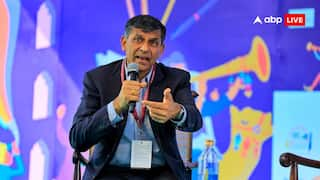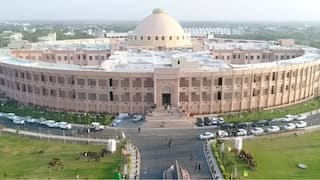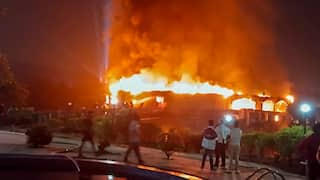Explorer
Dokalam standoff: MEA did not tell ministers there will be no withdrawal of troops, says Sources

China has been demanding that India must withdraw troops from Doklam for any dialogue between the two sides. Photo: AFP
NEW DELHI: Senior ministers were not told by the Ministry of External Affairs that there would be "no withdrawal" of Indian troops from Doklam, where Indian and Chinese troops are in a stand-off. "Some sections of media have reported that MEA has told senior Ministers today that there would be no withdrawal of Indian troops from Doklam. Such false reports are without any basis," sources said. The clarification came in the context of top ministers meeting in the morning ahead of a briefing to be given to opposition leaders on the Doklam stand-off and the Kashmir situation in the evening. The brief statement triggered a number of questions whether India was preparing for withdrawing its troops from Doklam in the Sikkim sector, but there were no answers from the government. China has been demanding that India must withdraw troops from Doklam for any dialogue between the two sides. New Delhi has expressed concern over China trying to change the status quo at the India-Bhutan-Tibet tri-junction in Dokalam area of Sikkim. China and India have been engaged in the standoff in the Dokalam area for the past three weeks after a Chinese Army's construction party attempted to build a road. Doka La is the Indian name for the region which Bhutan recognises as Dokalam, while China claims it as part of its Donglang region. The road construction by China was the immediate trigger for the spat that comes amid already-heightened tensions between New Delhi and Beijing over differences ranging from terrorism and India's civil nuclear ambitions to an economic corridor China is building through Pakistan-occupied Kashmir. China insists the plateau - which it calls Donglang, Bhutan refers to as Doklam, and India calls Doko La - is an indisputable part of its territory. Bhutan contests that claim, and insists the region is disputed between Thimphu and Beijing. India, which has said it entered on Bhutan's request, is also worried that China may pressure Bhutan to accept the disputed region as Beijing's territory, expanding the border length where India is exposed to Chinese presence. India also has a second worry. If Bhutan accepts the plateau as a part of China, it would push the tri-junction between the three countries south of where New Delhi believes it currently sits. Still, the Indian foreign office has maintained restraint in criticism of China's posture on the stand-off, even while rebuffing other suggestions from Beijing. The Chinese foreign ministry had on Thursday called the Jammu and Kashmir dispute the central cause for instability in the region and had offered its mediation. Baglay rejected the offer, and insisted that cross-border terrorism from Pakistan was the principal source of tension in the region. (With inputs from agencies)
Follow Breaking News on ABP Live for more latest stories and trending topics. Watch breaking news and top headlines online on ABP News LIVE TV
Read more

Sayantan Ghosh
Opinion










